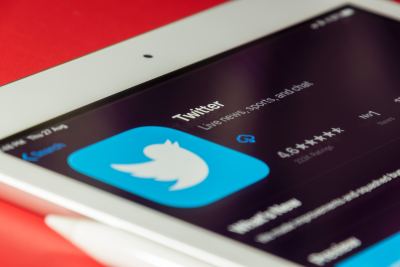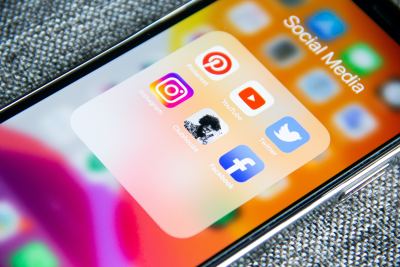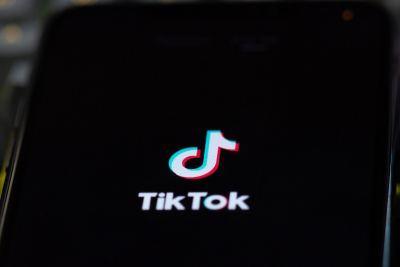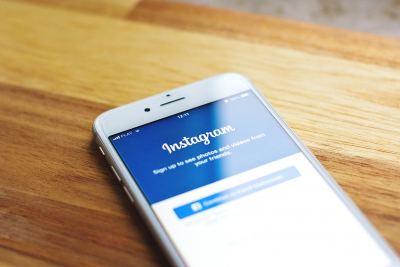There's a personal acknowledgement that excessive social media use contributes to a sedentary lifestyle. By reducing their screen time, they aim to lead more active lives, prioritising physical and mental well-being.
Misinformation and Fake News
Social media's role in the spread of misinformation and fake news has become a prominent concern. Millennials, valuing accurate and reliable information, are distancing themselves from platforms that are breeding grounds for falsehoods. As informed consumers, Millennials quickly discern advertisements and information they deem as misleading or ingenuine, opting instead for a personable personality and in-depth review for product endorsement.
The pervasive presence of online advertising and its manipulative effects on consumer behaviour have raised concerns among millennials. By reducing social media usage, they mitigate the impact of targeted ads, promoting a healthier relationship with consumption.
Time-Consuming Nature
The time-consuming nature of social media often detracts from productivity and real-world pursuits. Recognising the value of their time, millennials are allocating it to activities that contribute to personal growth and success.
With the emergence of messaging apps and group chats, millennials are finding more focused and private avenues for communication. These platforms offer intimacy and exclusivity, fostering deeper connections away from the noise of social media. By exploring alternative online platforms that provide specialised content and entertainment. Streaming services, podcasts, and niche websites offer tailored experiences that cater to their unique interests, diverting attention away from social media.
Environmental Considerations
The environmental impact of social media data centres has caught the attention of environmentally conscious millennials. By reducing their digital consumption, they contribute to reducing the carbon footprint associated with online activities.
Shifting Priorities and Personal Growth
Millennials are shifting their priorities towards offline hobbies, creative pursuits, and personal growth. By reducing social media usage, they allocate more time to self- improvement and pursuits that nourish their passions. Social media is recognised to be a significant source of distraction, hindering focus and productivity. Reducing their use is often a simple solution to create an environment conducive to deep work and improved concentration.















